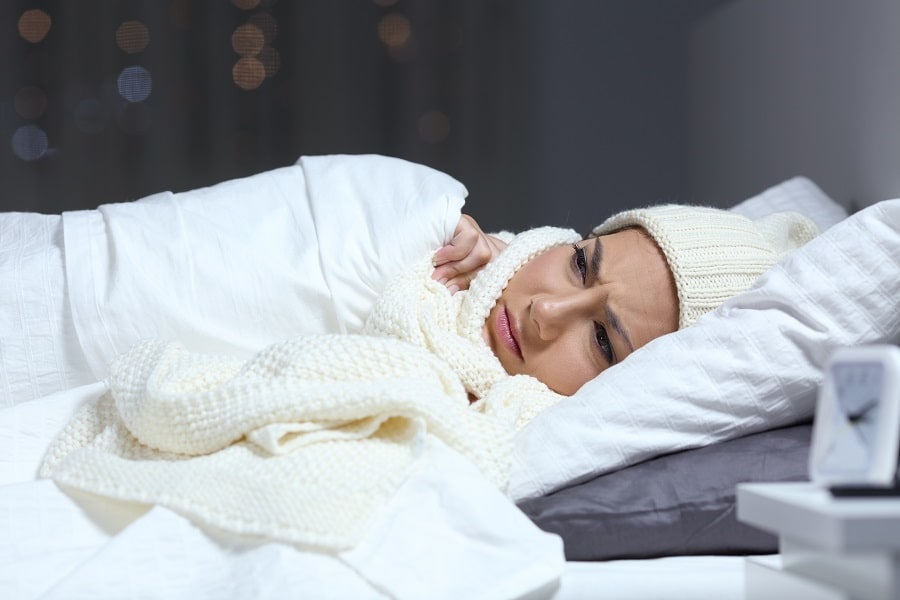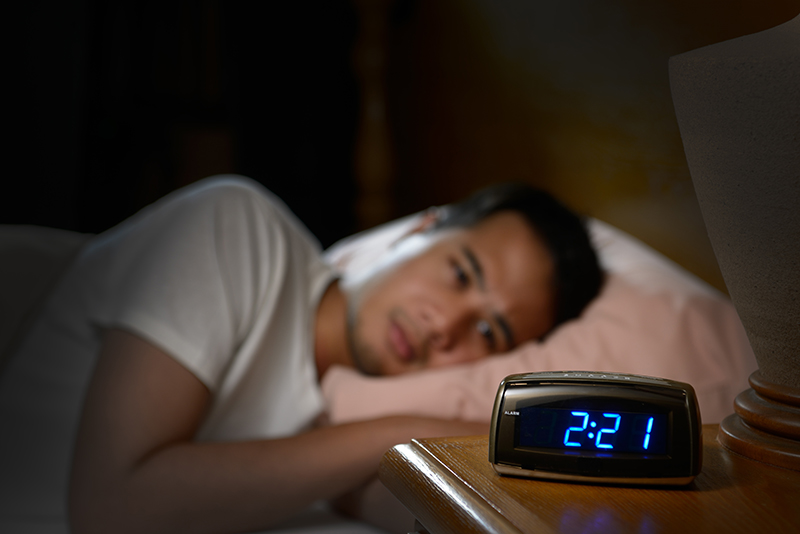For many people, the end of the day signals a time for relaxation and rest. But for those experiencing Restless Leg Syndrome (RLS), the evening hours may bring anything but relief. As daylight wanes, an uncomfortable urge to move the legs intensifies, often disrupting sleep and tranquility. Known as a neurological sensory disorder, RLS affects a significant portion of the population, with symptoms that can range from a minor nuisance to a major disruption in quality of life. While there’s no definitive cure for RLS, understanding the condition, its causes, symptoms, and available treatments can empower those affected to regain control of their health and well-being. By employing a combination of lifestyle modifications, natural remedies, and medical interventions when needed, it’s entirely possible to manage RLS effectively.
Understanding Restless Leg Syndrome
Restless Leg Syndrome is a neurological disorder characterized by an uncontrollable urge to move the legs, usually due to uncomfortable sensations. These sensations can vary widely among individuals and can be described as itching, creeping, pulling, or even aching. To truly understand RLS, it’s important to delve deeper into its manifestations, causes, and its potential impact on quality of life.
RLS symptoms generally occur during periods of inactivity, like sitting or lying down, and they tend to be more severe in the late afternoon, evening, and night, making it difficult for those affected to fall asleep or return to sleep. This is a primary reason why RLS can significantly affect a person’s quality of life, as chronic sleep deprivation can lead to daytime fatigue, impaired concentration, and even mood disorders such as depression or anxiety. Movement can provide temporary relief for those experiencing RLS, with symptoms often subsiding with activity such as walking or stretching. However, the symptoms typically return when the movement ceases.
Causes of RLS
The impact of RLS on an individual’s quality of life can be significant. The sleep disruption caused by RLS can lead to a variety of negative health and lifestyle outcomes, including daytime fatigue, lower productivity, and difficulty concentrating. Furthermore, the condition can cause emotional distress and, in severe cases, depression and anxiety. The exact cause of RLS is still unknown, although there are several factors believed to contribute to the condition.
- Dopamine dysregulation: Dopamine is a chemical in the brain that aids in the control of muscle movement. Dysregulation or imbalances in this neurotransmitter have been associated with RLS. Many treatments for RLS aim to adjust dopamine levels in the brain.
- Genetics: RLS often runs in families, particularly in those cases where the condition starts at a younger age. Researchers have identified specific genetic variants associated with RLS.
- Iron deficiency: Lower levels of iron in the brain have been associated with RLS. This is one of the reasons why iron supplementation can sometimes relieve RLS symptoms.
- Chronic diseases: Some chronic conditions such as kidney failure, diabetes, Parkinson’s disease, and peripheral neuropathy are associated with a higher prevalence of RLS.
- Pregnancy: Some women experience RLS during pregnancy, particularly in the third trimester. Symptoms usually subside within a month after delivery.
- Medication: Certain medications can exacerbate RLS symptoms, including some types of anti-nausea, antipsychotic, antidepressant, and cold and allergy medications that contain antihistamines.
Natural Remedies for Restless Leg Syndrome
Understanding RLS is the first step to managing it. If you suspect you have RLS, it’s essential to discuss your symptoms with a healthcare provider who can help devise a personalized treatment plan. The goal of any plan is to decrease symptoms, improve sleep quality, and ultimately, improve the quality of life. With the right care and lifestyle changes, most people with RLS can manage their symptoms effectively without any specialized medications.
- Dietary Adjustments: Ensuring you have a balanced diet can help manage RLS symptoms. Some people find that their symptoms improve with iron or magnesium supplements, particularly if they have a deficiency. It’s important to consult with a healthcare provider before starting any supplementation regime. Avoiding or reducing intake of substances like alcohol, caffeine, and nicotine, which are known to worsen RLS symptoms, can also be beneficial.
- Regular Exercise: Moderate physical activity can help reduce the symptoms of RLS. Activities such as walking, cycling, or yoga can be particularly helpful. It’s important to note that intense exercise might exacerbate symptoms for some people, so it’s a good idea to start slow and observe how your body reacts.
- Good Sleep Hygiene: This involves having a regular sleep schedule and ensuring your sleep environment is comfortable and conducive to rest. Techniques could include keeping the bedroom dark and cool, using white noise machines, or practicing relaxation exercises before bed.
- Mind-Body Therapies: Practices such as yoga, tai chi, meditation, and deep breathing can help to reduce stress and may decrease RLS symptoms. They can also improve sleep quality, which often suffers with RLS.
- Heat/Cold Therapy: Some people find that alternating between hot and cold packs on their legs can help relieve symptoms. Similarly, a warm bath before bed or a cool shower might also help.
- Massage and Physical Therapy: Regular leg massages can help to alleviate RLS symptoms. Physical therapy can provide exercises and stretches that target the muscles most affected by RLS.
- Relaxation Techniques: Techniques such as progressive muscle relaxation, deep breathing, or guided imagery can help the body and mind relax and may reduce RLS symptoms.
- Acupuncture: While more research is needed, some studies and anecdotal evidence suggest that acupuncture might help to alleviate symptoms in some people.
Jacksonville Sleep Center
It is important to remember that everyone is unique, and what works best will depend on your specific symptoms and overall health. Natural remedies may work well for some patients, but sometimes more intervention may be required. What’s most important is to monitor your symptoms, try different approaches, and discuss your observations with your healthcare provider. Jacksonville Sleep Center is a local healthcare facility that specializes in the treatment and diagnosis of numerous sleep disorders. If you’re experiencing the symptoms of Restless Leg Syndrome, or any other unusual disruption in your regular sleep patterns, please visit our website and schedule your first appointment today.





